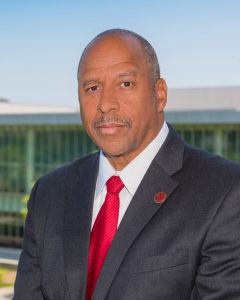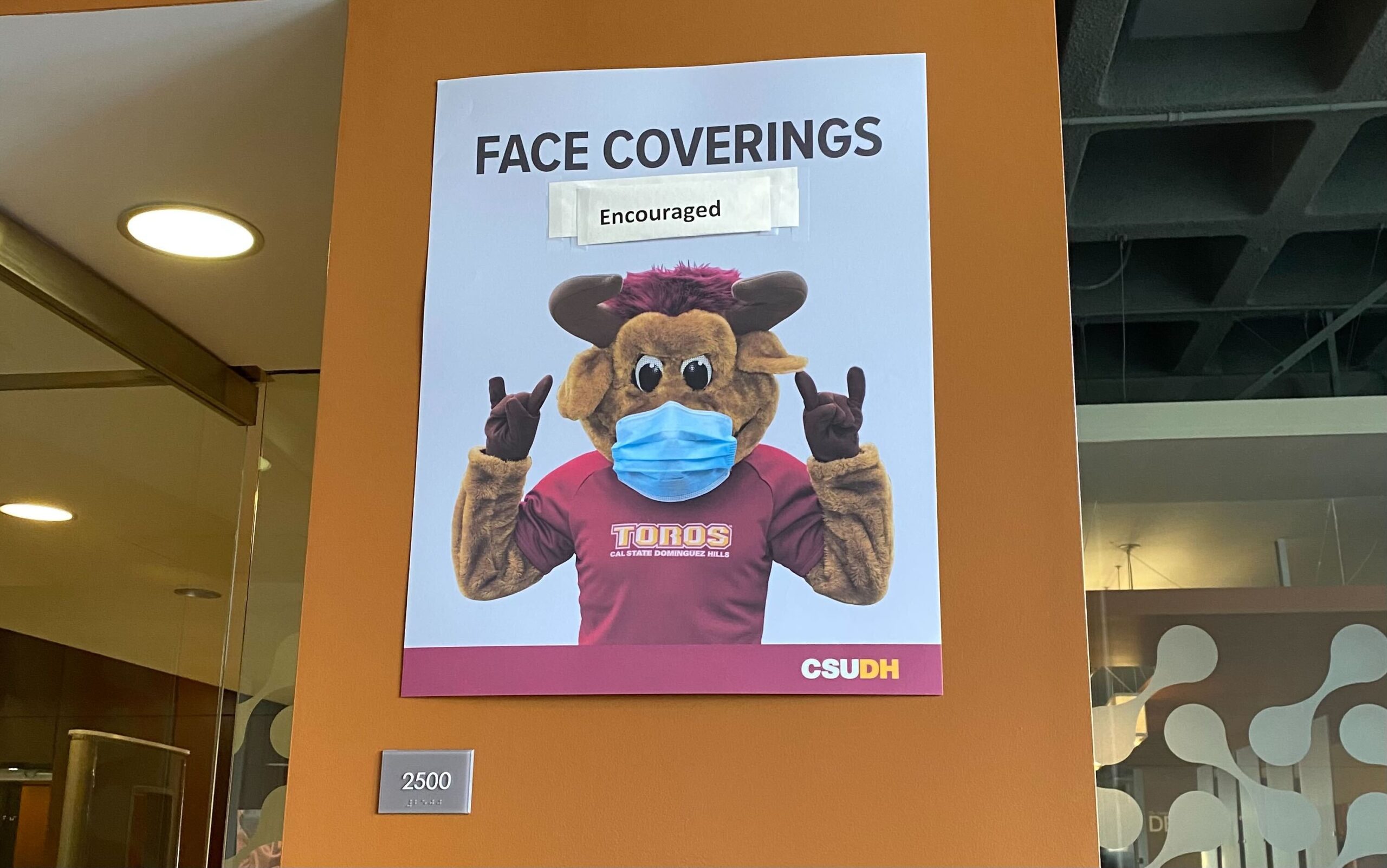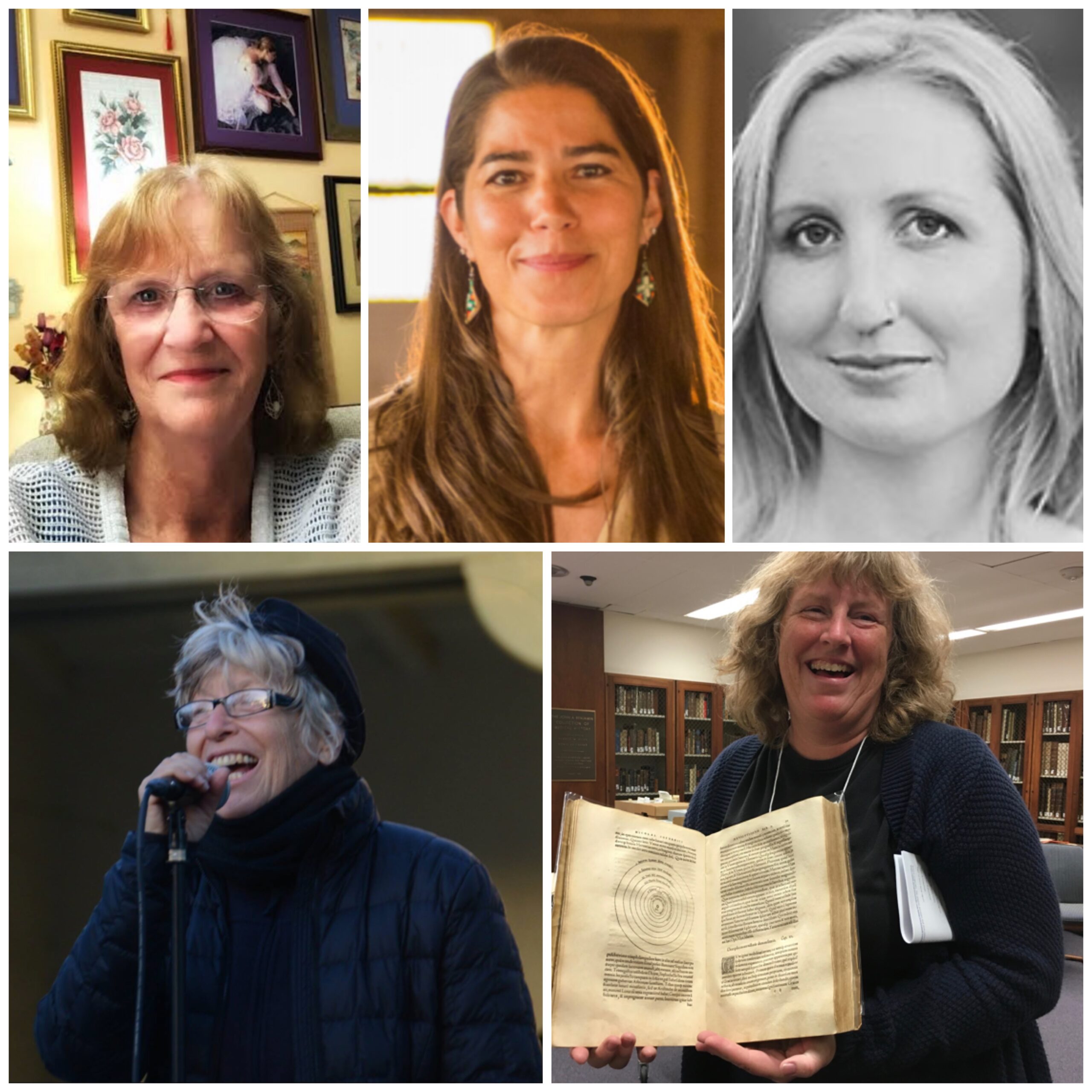By Todd Mathews
CSUDH President Thomas A. Parham is no stranger to the written word, considering he’s written more than 45 journal articles and book chapters, as well as authored two books and co-authored several others. His specialty is psychology, which makes sense as he is a licensed psychologist in the state of California and earned his master’s and doctoral degrees in counseling psychology.
But more precisely, Dr. Parham’s research focus is in the area of psychological nigrescense, which his bio on the CSUDH website says deals “specifically on identity development, African psychology and multicultural counseling.”
Parham combined his scholarly background with his writing acumen this month, as he wrote an opinion piece for the magazine “Diverse: Issues in Higher Education.” The publication launched in 1984 as “Black Issues in Higher Education,” but renamed itself in 2005 to better reflect “inclusivity and America’s changing demographics,” according to its website.
Parham’s piece, titled “A Battle for the Soul of Our Nation” ran on June 4. He addresses the intractable reality of racism in America particularly as it relates to African Americans. He writes that the election of an African American as U.S. President and increased numbers of Black college graduates are positive markers of progress, but as recent events have cruelly shown, “a more intentional and deliberate look at our nation’s deep structure reveals that such signposts of social change may be more counterfeit than people imagine – our progress more of a mirage than legitimate improvement. “
He writes that new voices, ideas, and energy are needed, “to help us close the gap between the aspirational America we all hope our country can be, and the one that continues to signal that Black lives are expendable.”
One avenue those voices can take, he writes, is higher education. Education can inspire students to break from, “intellectual, emotional, and behavioral apathy,” and, “help them critically analyze information, debate differing points of view, form more persuasive arguments, and find their own voices.”
But a more educated citizenry, Parham writes, can also serve as a challenge and check upon the, “toxic thoughts, feelings, and behaviors that some now feel comfortable to display, and hold accountable those who would violate these norms of decency and respect for the lives of those different from ourselves.”
He ends the piece with this paragraph:
“We have to decide what kind of country we want America to be. How committed are we to closing the gap between what we preach as a nation, and how we actually live? I am committed to doing my part as an educator to convince students that oppressing others in order to affirm themselves is a road to nowhere. I am also committed to the electoral process, voting for the change we desperately need. What’s your role? With each tragedy we experience or read about, a bit more of our nation’s soul slips away. How committed are you to rescuing it?”
-Dr. Thomas A. Parham
For the full article, go to the magazine’s website, www.diverseeducation.com, or click here.



